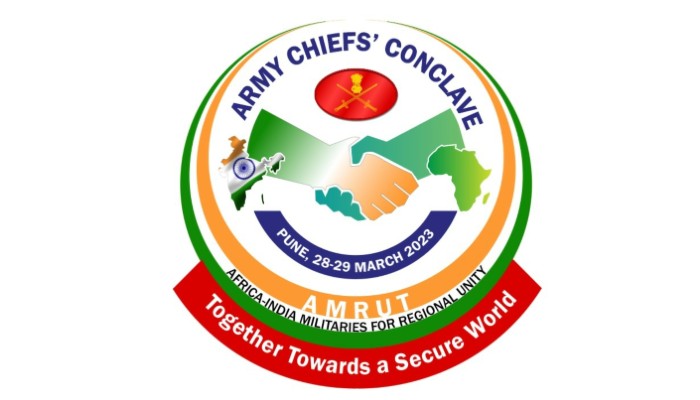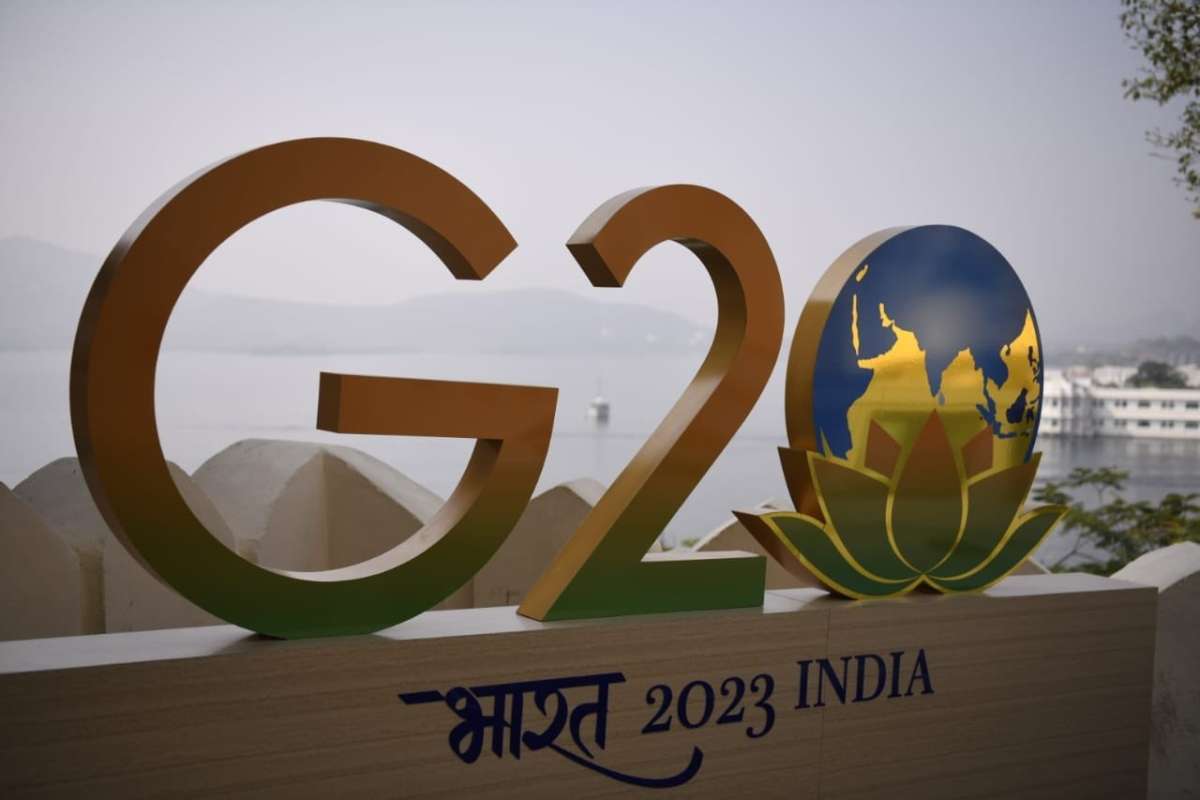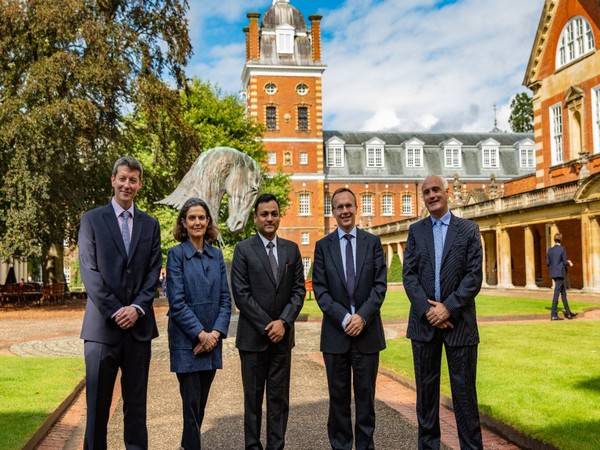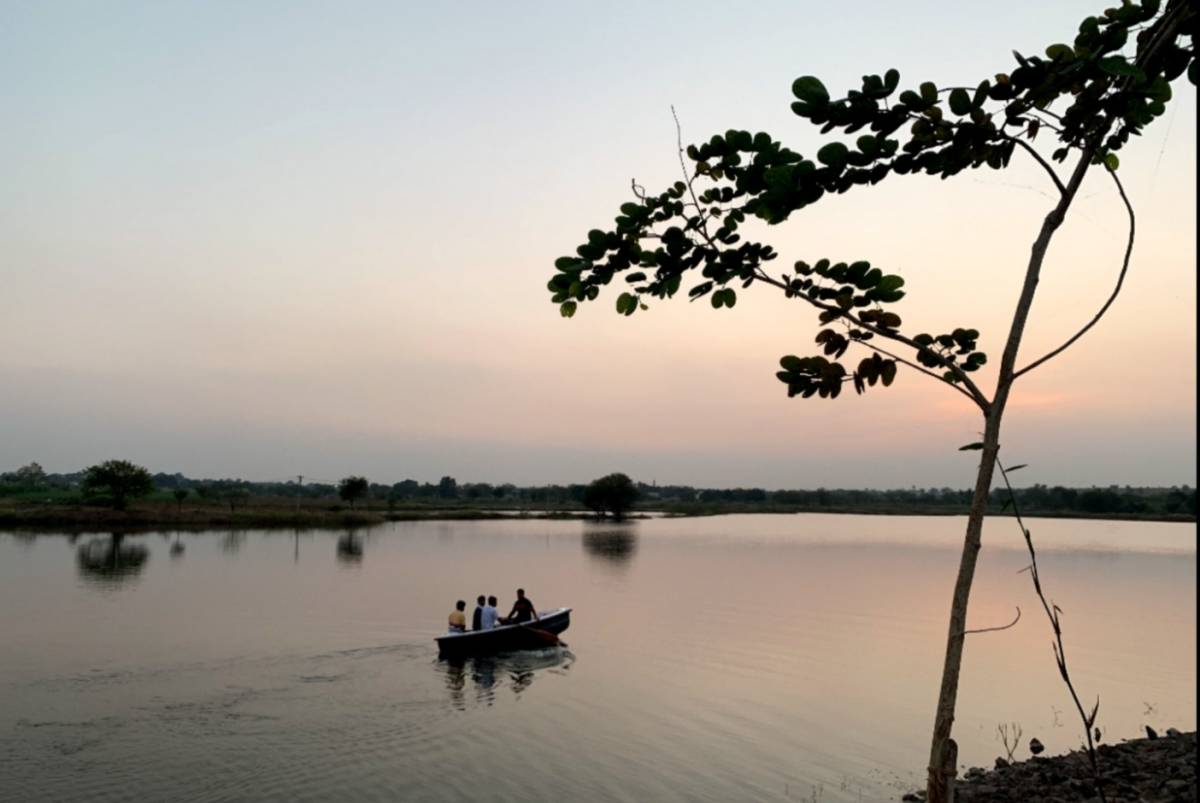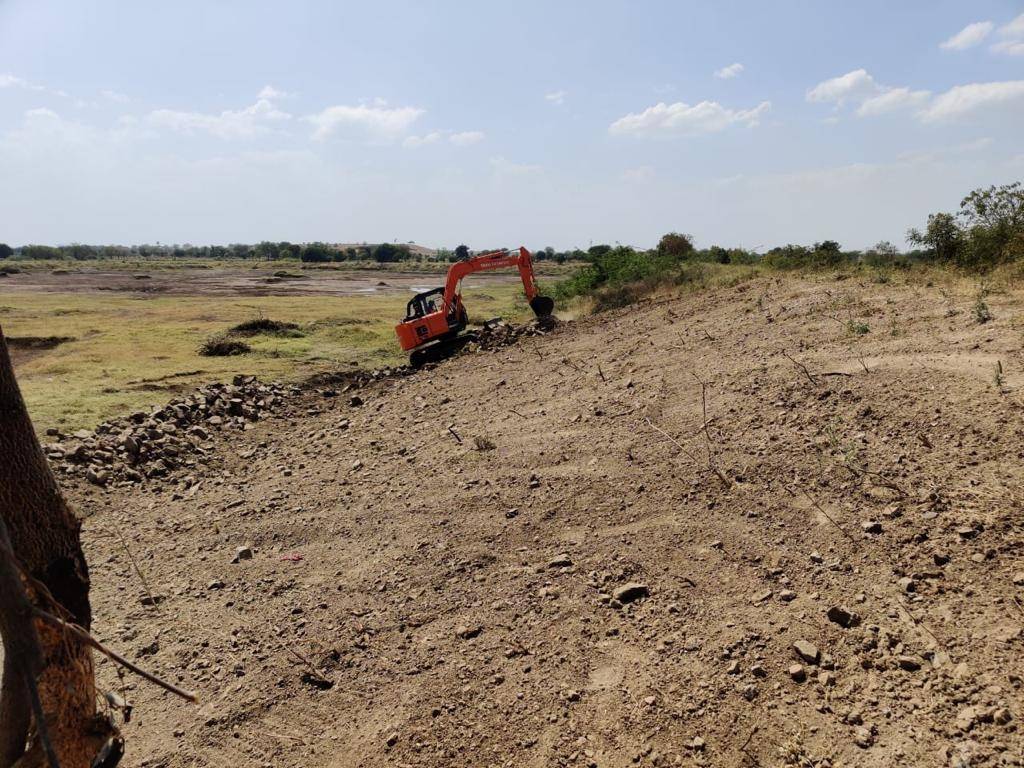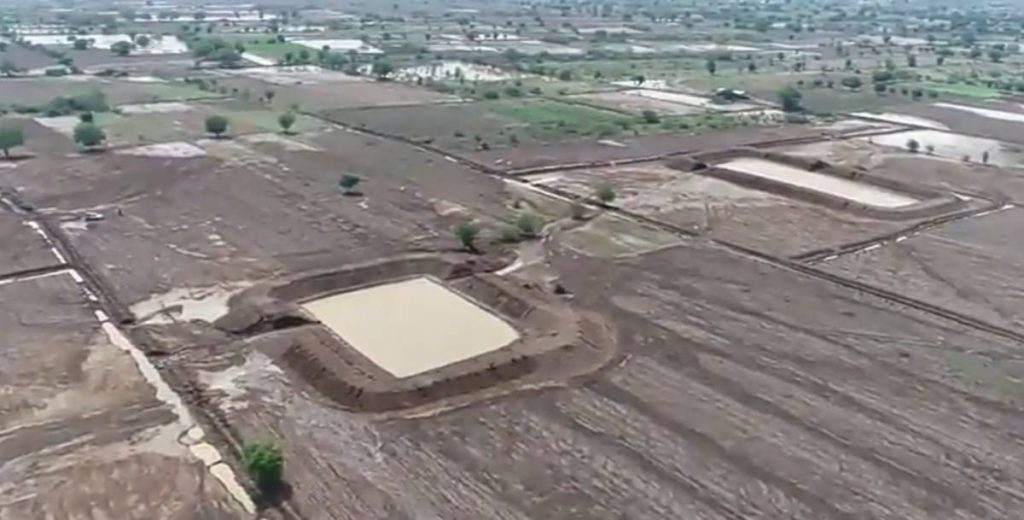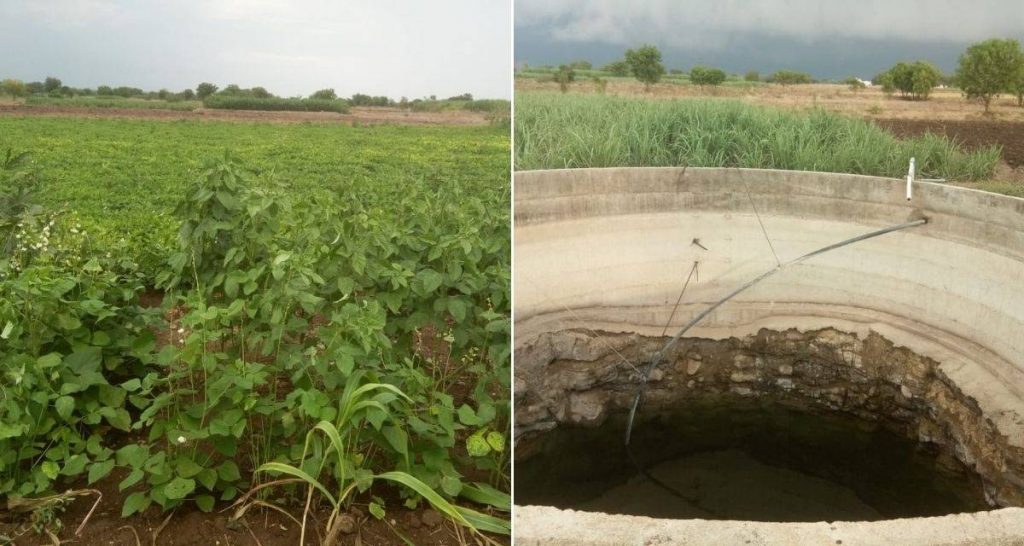The first India-Africa Chiefs Conclave is being seen as a logical continuation of this deepening interaction between India and African nations on defence and security issues…reports Asian Lite News
The Indian Army is set to host the first India-Africa Chiefs Conclave today, with the aim of providing a fillip to cooperation between the Indian Army and the armies of African nations. The conclave will be held on the sidelines of the Africa-India Field Training Exercise, AFINDEX-23, which is taking place at the Aundh Military Station in Pune, Maharashtra from March 21-29.
This is being viewed as another example of India’s determined push to counter the growing Chinese influence in the continent of Africa, particularly when it comes to matters of defence and security.
“The inaugural Edition of India-Africa Chiefs’ Conclave, on the sidelines of #AFINDEX 23, is being organised at #Pune on 28-29 March. Defence Chiefs & Representatives of 31 African Nations will attend the Conclave to enhance defence & regional cooperation,” the Indian Army tweeted on Monday.
The Ministry of Defence had earlier announced that the army chiefs of at least 10 African countries, including Congo, Niger, Zambia, Zimbabwe, Malawi, Uganda, Seychelles, Gambia, Tanzania, and Kenya, will attend the conclave, while military heads of 12 other nations will send their representatives.
Defence Minister Rajnath Singh is set to attend the conclave and deliver an address.
Additionally, the Army Design Bureau (ADB), Indian Army and FICCI will jointly organize an ‘Equipment Display’ on March 29 – 30, at Aundh Military Station, Pune. The event will showcase Indian defence industry capability and enable exports to friendly nations.
It may be recalled that the first India-Africa Defence Ministers Conclave was held on the sidelines of the DefExpo 2020 in Lucknow. The conclave adopted the Lucknow Declaration which lays down the framework for defence cooperation between India and African nations.
As a follow-up to the Lucknow Declaration, the first India-Africa Defence Dialogue (IADD) was held at Gandhinagar on the sidelines of DefExpo 2022. The overarching theme of the dialogue was ‘India-Africa: Adopting Strategy for Synergising and Strengthening Defence and Security Cooperation’.
IAAD has been institutionalised to be held once every two years on the sidelines of DefExpo. The IADD is meant to explore new areas of convergence for mutual engagement, including in spheres like capacity building, training, cyber security, maritime security and counter terrorism.
The first India-Africa Chiefs Conclave is being seen as a logical continuation of this deepening interaction between India and African nations on defence and security issues.
AFINDEX-23
The nine-day Africa-India Field Training Exercise, AFINDEX-23 is being held in Pune from March 21-29 with the aim of boosting overall cooperation between India and African countries.
It involves the participation of new generation equipment manufactured in India, showcasing the country’s defence manufacturing capabilities.
The exercise involving the countries in the African continent is the second such military game being hosted by India; the first Africa-India Field Training Exercise was held in Pune in March 2019.
The AFINDEX-23 exercise has been divided into four phases, beginning with training for participating personnel, followed by a humanitarian mine action and peacekeeping operations phase. The exercise will culminate with a validation exercise on March 29, which will be witnessed by the army chiefs of the participating African nations.
MARITIME SAFETY & SECURITY
India and African nations also work closely on maritime security under the aegis of several multilateral mechanisms.
These include the Indian Ocean Rim Association (IORA), an inter-governmental organisation which was established in March 1997. The IORA Secretariat is hosted by the Government of the Republic of Mauritius. In addition to Mauritius, other African nations who are members of IROA are Kenya, Madagascar, Mozambique, Seychelles, Somalia, South Africa, and Tanzania.
“Covering a vast maritime zone of nearly 68.56 million sq. km. and incorporating coastal states from South Africa in the west, running up the eastern coast of Africa, along the Gulf to South and Southeast Asia, ending with Australia in the east, IORA serves as the ‘first line of defence’ to build upon existing national, regional and international measures, thereby enhancing coordination and supporting harmonised international Maritime Safety and Security (MSS) collaboration,” the IORA states while listing its focus and priority areas.
Additionally, the Indian Ocean Naval Symposium was established as a multinational naval mechanism in 2008; the Indian Navy hosted the inaugural IONS seminar the same year. Several African nations, including Kenya, Mauritius, Mozambique, Seychelles, and South Africa are members of the forum which seeks to increase maritime cooperation among the littoral states of the Indian Ocean Region. (India News Network)
ALSO READ-Harris to meet Ghana’s president as she begins Africa trip
